
Defying All Odds - Day 15: Why Cybersecurity Should be a Priority for Residential Builders
“You have to be prepared to fight and finish your own battles.” - Jim Harbaugh
Introduction:
In the digital era, cybersecurity should be a top priority for residential builders. In this article, we will discuss why cybersecurity is essential for residential builders and the potential risks they face. We will explore the impact of cyber threats on homeowner privacy, the financial implications of cybersecurity breaches, and the importance of building trust with clients through robust cybersecurity measures. By prioritizing cybersecurity, residential builders can protect their reputation, ensure client satisfaction, and establish a strong foundation for long-term success.
In our featured story, we talked about how ZATIS helped a construction company defy the odds and win in the battle against hackers and cybercriminals. Join us today as we discuss how cybersecurity has become a critical concern for businesses in all industries, and residential builders are no exception. With the increasing reliance on technology and the digitalization of construction processes, residential builders face unique cybersecurity challenges that can have severe consequences if not addressed adequately.
1. Impact on Homeowner Privacy

Residential builders handle a vast amount of sensitive information about homeowners, including personal details, financial records, and property information. If this information falls into the wrong hands due to a cybersecurity breach, it can lead to identity theft, financial fraud, and invasion of privacy for homeowners. Protecting homeowner privacy is not only a legal and ethical responsibility but also crucial for maintaining trust and credibility with clients.
2. Financial Implications of Cybersecurity Breaches

Cybersecurity breaches can have significant financial implications for residential builders. The costs associated with investigating and resolving a breach, notifying affected parties, and implementing remediation measures can be substantial. Additionally, a cybersecurity incident can result in legal and regulatory penalties, loss of business opportunities, and damage to the company's reputation. By investing in cybersecurity measures, residential builders can minimize the financial impact of potential breaches and protect their bottom line.
3. Building Trust with Clients

Clients expect residential builders to prioritize the security and privacy of their personal information. By implementing robust cybersecurity measures, residential builders can demonstrate their commitment to protecting client data and build trust. This trust is essential for attracting and retaining clients, as well as maintaining a positive reputation in the industry. Residential builders that prioritize cybersecurity can differentiate themselves from competitors and position themselves as trusted partners in the construction process.
To make cybersecurity a priority, residential builders should consider implementing the following best practices:
- Employee Education and Training:

Provide comprehensive cybersecurity training to all employees to raise awareness about potential cyber threats and educate them on best practices for data protection.
- Secure Network Infrastructure:

Implement firewalls, secure Wi-Fi networks, and access controls to protect against unauthorized access to sensitive information.
- Regular Software Updates and Patching:
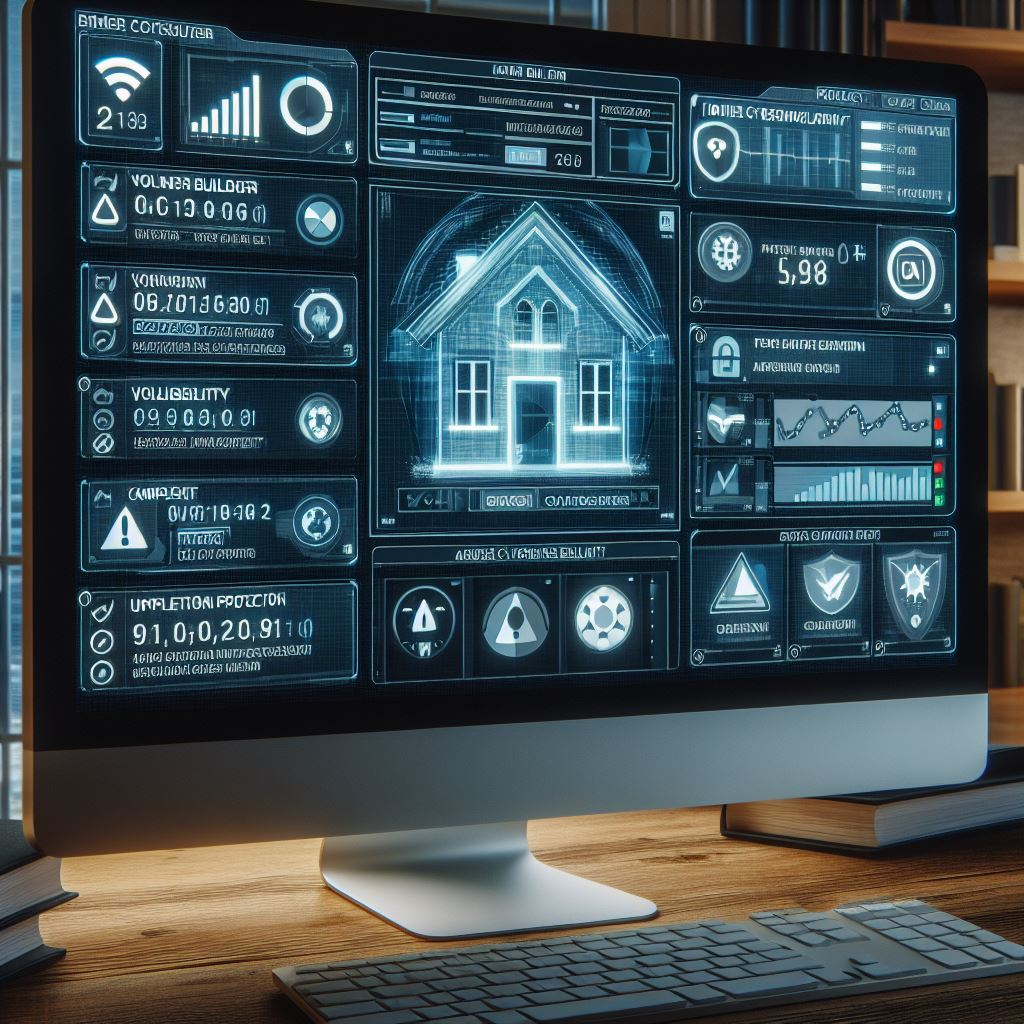
Keep all software, applications, and systems up to date with the latest security patches to address known vulnerabilities.
- Data Encryption:
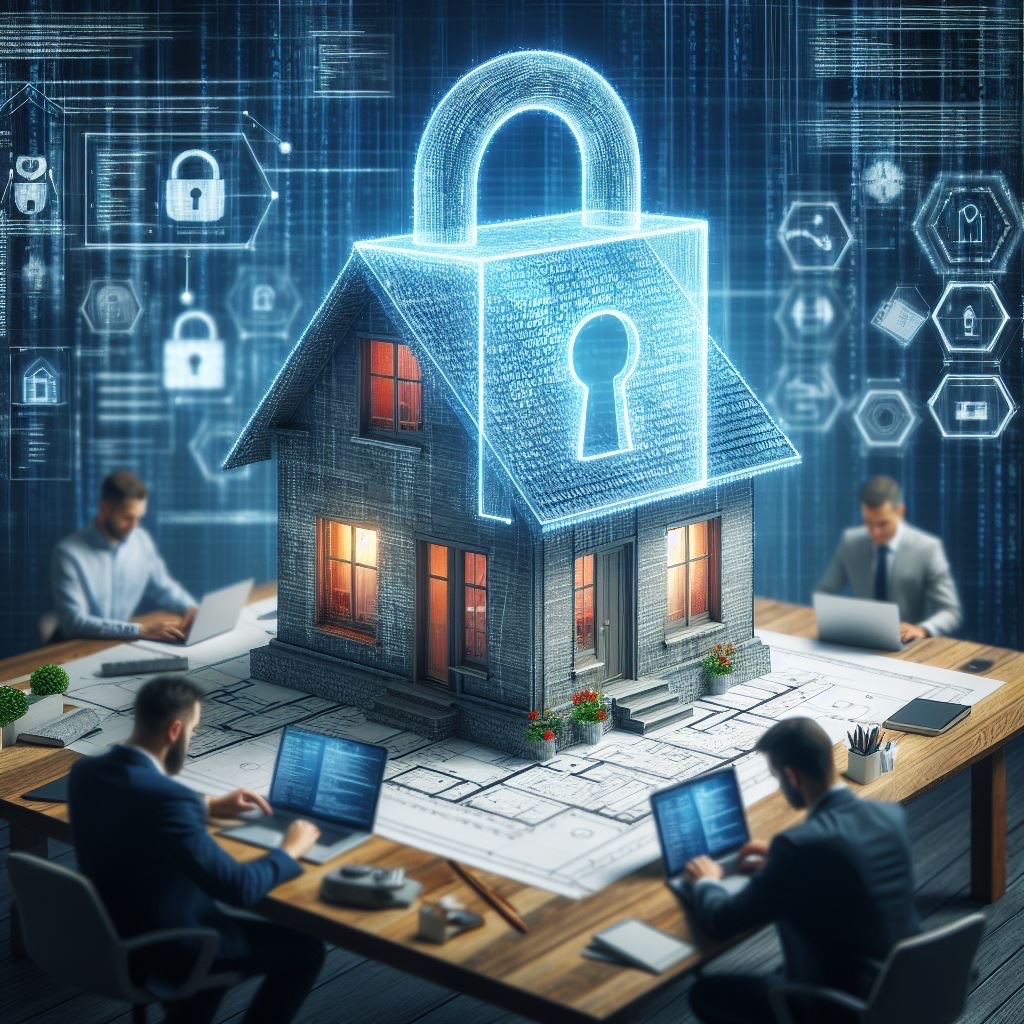
Encrypt sensitive data both at rest and in transit to protect it from unauthorized access.
- Secure Password Policies:
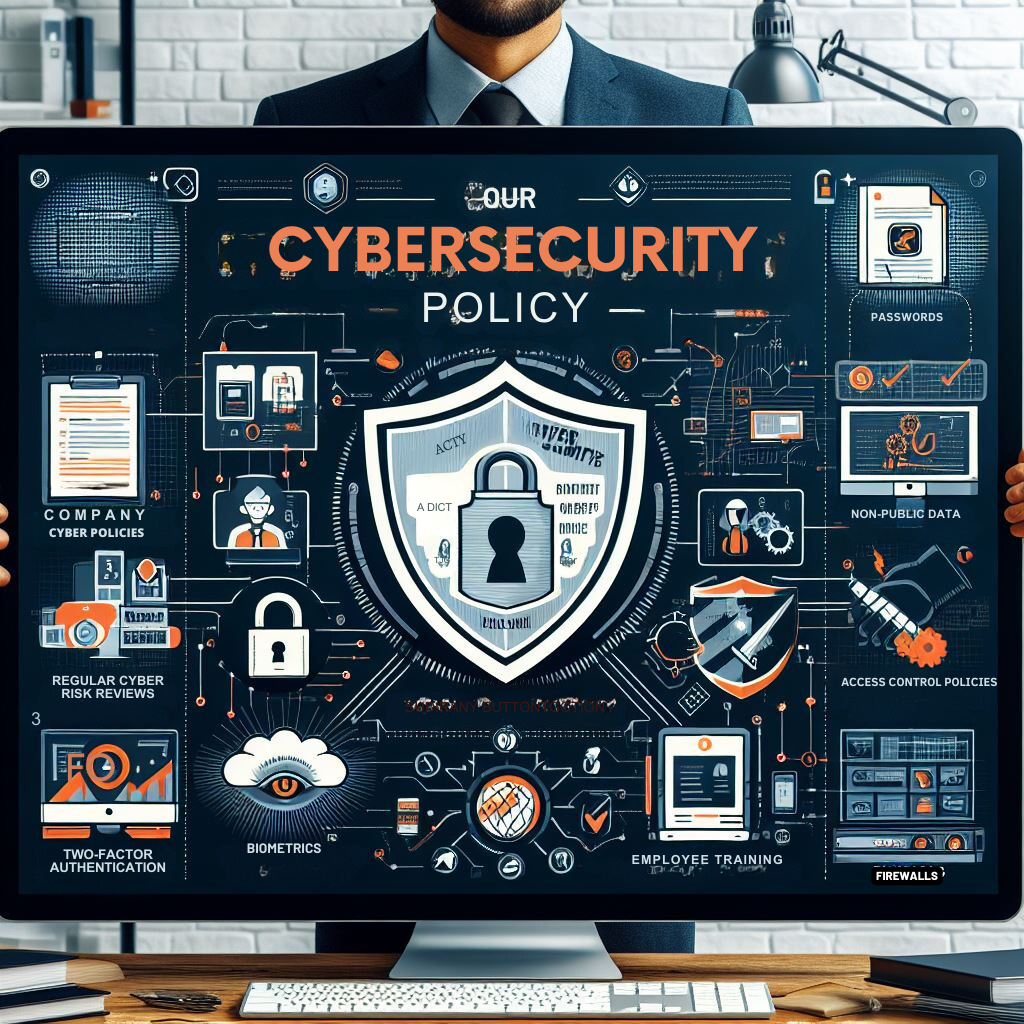
Enforce strong password policies that require employees to use complex passwords and regularly update them.
- Incident Response Plan:

Develop and regularly test an incident response plan to ensure a timely and effective response to cybersecurity incidents.
By prioritizing cybersecurity, residential builders can not only protect their own business interests but also safeguard the privacy and security of their clients. A proactive approach to cybersecurity can help prevent breaches, minimize financial risks, and build a solid foundation for long-term success.
In conclusion, cybersecurity should be a top priority for residential builders in today's digital landscape. The potential impact of cyber threats on homeowner privacy and the financial implications of breaches highlight the importance of implementing robust cybersecurity measures. By prioritizing cybersecurity, residential builders can protect their reputation, ensure client satisfaction, and establish a strong foundation for long-term success. In the next article, we will explore the topic of safeguarding financial transactions in the construction industry and discuss cybersecurity solutions to mitigate the risks involved.

The Importance of Proactive Cybersecurity Measures
To mitigate the risks associated with cyber threats, construction companies must adopt a proactive approach to cybersecurity. Implementing robust cybersecurity measures can help protect the company's assets, maintain client trust, and ensure the smooth operation of projects. Here are some key steps that construction companies can take:
1. Employee Education and Training:
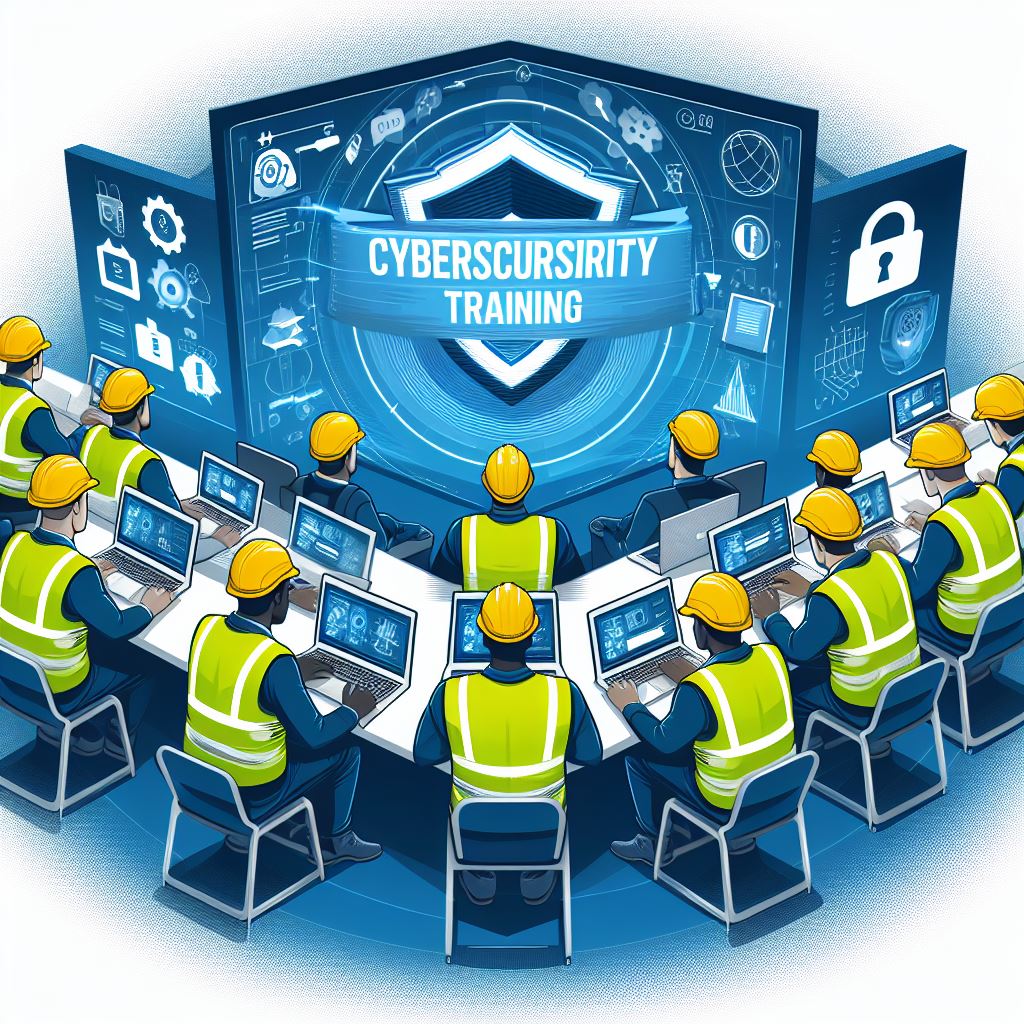
Employees are often the first line of defense against cyber threats. Providing comprehensive training on cybersecurity best practices, such as identifying phishing emails and using strong passwords, can significantly reduce the risk of successful attacks.
2. Regular Security Assessments:
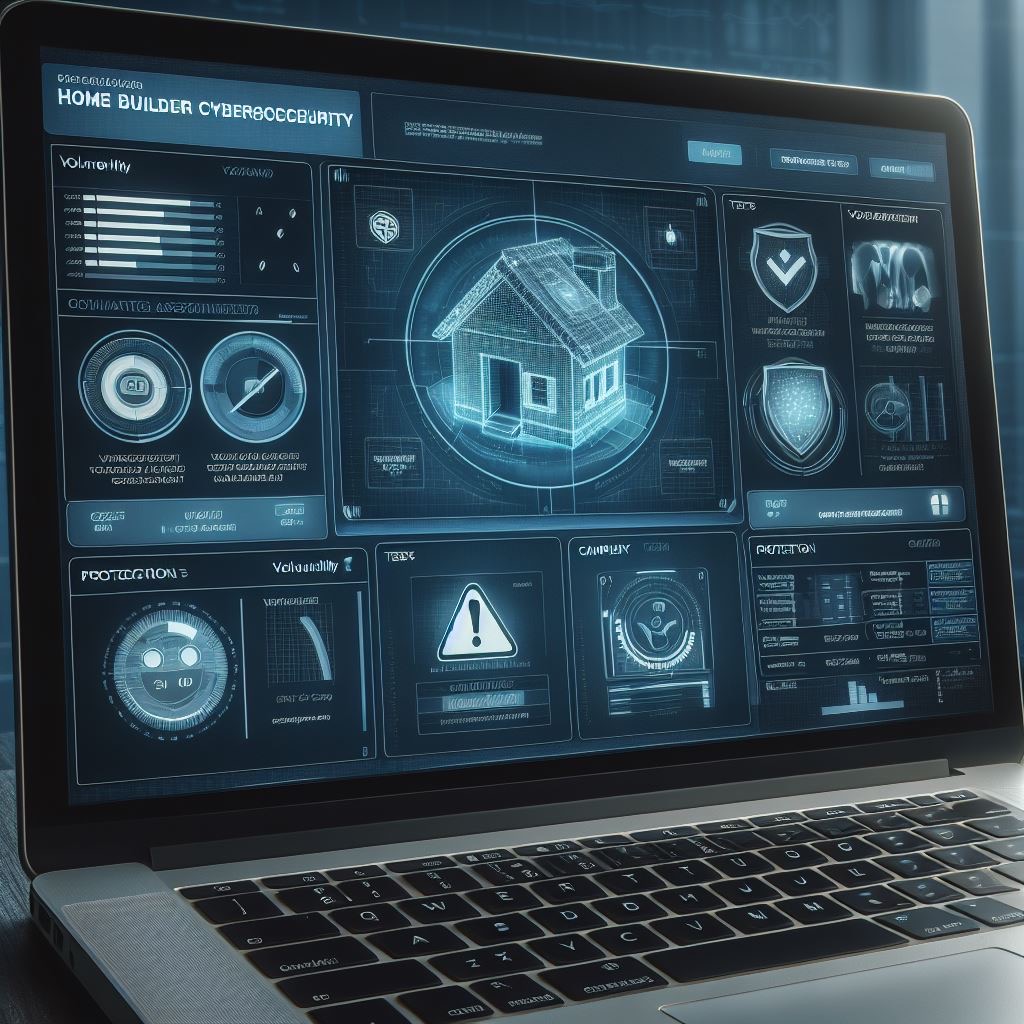
Conducting regular security assessments, including vulnerability scanning and penetration testing, can identify potential weaknesses in the company's systems and infrastructure. This allows for timely remediation before cybercriminals can exploit these vulnerabilities.
3. Secure Network Infrastructure:

Implementing robust firewalls, intrusion detection systems, and encryption protocols can help safeguard the company's network infrastructure from unauthorized access and data breaches.
4. Access Control and Authentication:
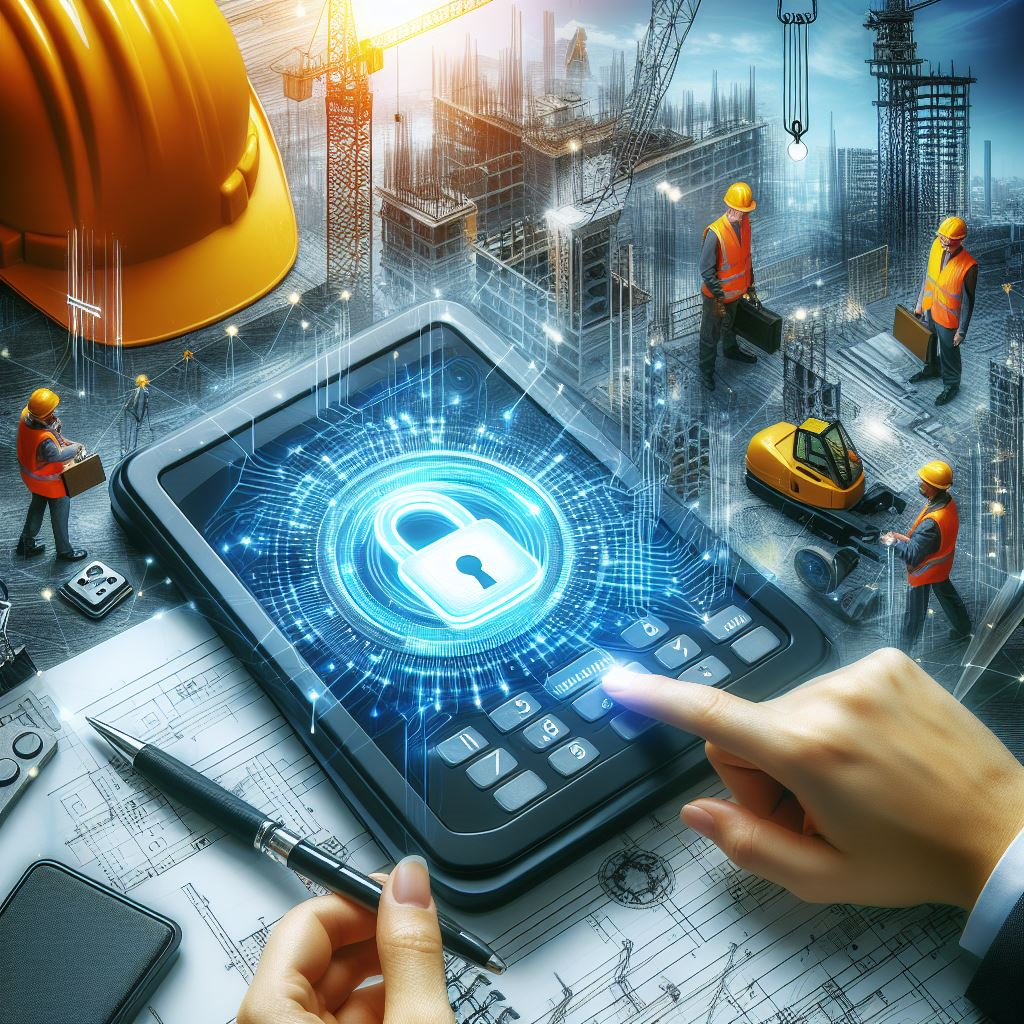
Implementing strong access control measures, such as multi-factor authentication and role-based access controls, can ensure that only authorized individuals have access to sensitive information.
5. Data Backup and Recovery:

Regularly backing up critical data and implementing a robust disaster recovery plan can help minimize the impact of a cyber-attack and facilitate the restoration of operations.
Conclusion:
In an increasingly digitized world, the construction industry must recognize the importance of cybersecurity and take proactive measures to protect its valuable assets. Neglecting cybersecurity can have severe consequences, including financial losses, reputational damage, project delays, legal and regulatory compliance issues, and loss of intellectual property. By prioritizing cybersecurity and implementing robust measures, construction companies can safeguard their operations, maintain client trust, and ensure their long-term success in an evolving digital landscape.
Want to know if your construction company is at major risk of getting hacked? Click here for a FREE 15-Minute Cyber Consult.

5 Reasons Your Construction Company Needs a Cybersecurity Risk Assessment. 👊
It is important for construction companies to conduct a cybersecurity risk assessment for several reasons:
1. Protection of sensitive data:
Construction companies handle a vast amount of sensitive data, including financial information, project details, client information, and employee records. Conducting a cybersecurity risk assessment helps identify potential vulnerabilities and ensures appropriate safeguards are in place to protect this data from unauthorized access, data breaches, or theft.
2. Mitigating financial losses:
Cyberattacks can result in significant financial losses for construction companies. These losses can stem from data breaches, ransomware attacks, or the disruption of critical systems. By conducting a cybersecurity risk assessment, companies can identify potential weaknesses in their IT infrastructure and take proactive measures to mitigate the financial risks associated with cyber threats.
3. Maintaining business continuity:
A successful cyber-attack can disrupt construction projects, delay timelines, and impact the overall business operations. By conducting a risk assessment, construction companies can identify potential vulnerabilities and implement robust cybersecurity measures to ensure business continuity. This includes having backup systems, disaster recovery plans, and incident response protocols in place.
4. Protecting reputation and client trust:
Construction companies rely on their reputation and client trust to secure new projects and contracts. A cybersecurity breach can undermine trust, damage the company's reputation, and lead to the loss of clients. By conducting a risk assessment and implementing appropriate cybersecurity measures, construction companies can demonstrate their commitment to protecting client data and maintaining a secure operating environment.
5. Compliance with regulations:
Construction companies may be subject to industry-specific regulations and legal requirements regarding data protection and cybersecurity. Conducting a risk assessment helps identify any gaps in compliance and ensures that the company meets the necessary regulatory obligations.
Overall, conducting a cybersecurity risk assessment allows construction companies to proactively identify and address potential vulnerabilities, protect sensitive data, mitigate financial losses, maintain business continuity, protect their reputation, and comply with relevant regulations.
Other resources to help you get started with Cybersecurity
Start your own Cybersecurity initiative:
Here is a quick checklist to get you started with your Cybersecurity initiative. Remember imperfect action beats inaction, get started and keep pushing for progress and awareness with your people.
Update your software
Secure your files
Require passwords
Encrypt devices
Use multi-factor authentication
Protect your wireless network
Make "SMART SECURITY" your business as usual
Require strong passwords
Train all staff
Have a plan
